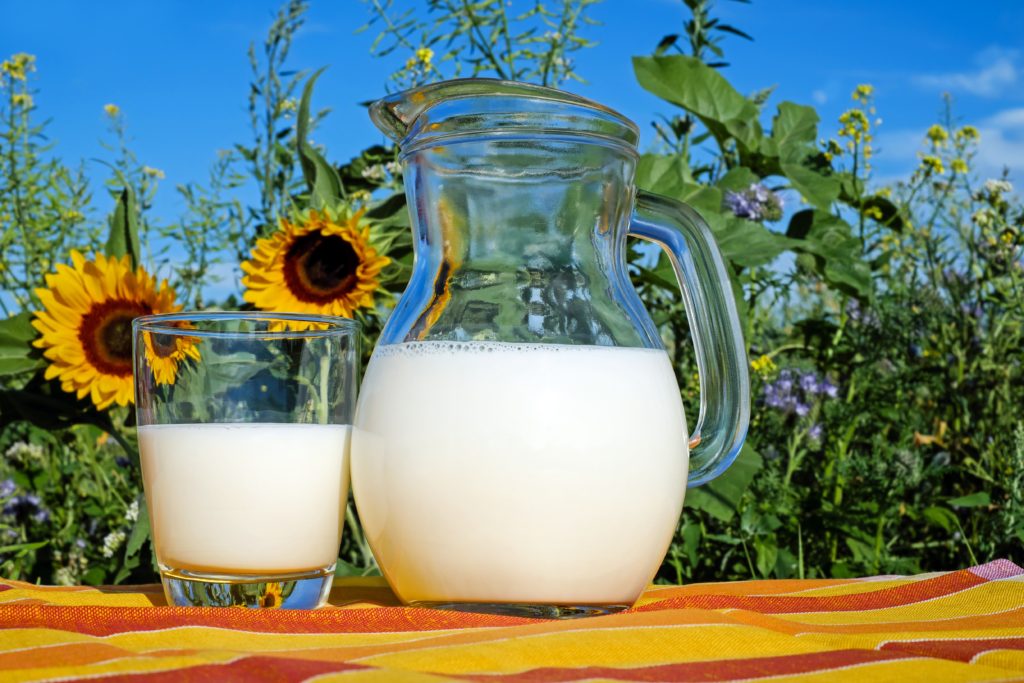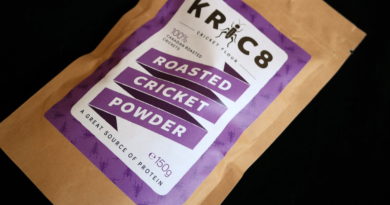3 Ingredients Not Found in High-Quality Plant Milks
More and more people are becoming aware of the role of plant-based milk products as an alternative to traditional animal-derived milk. Primarily, lactose-intolerant individuals enjoy the familiar textures of dairy milk without side effects such as diarrhea, abdominal bloating, and intestinal cramps, among others. Vegans are also a growing population of plant-based milk enthusiasts because these products meet their ethical and lifestyle standards.
With the increased demand for plant-based milk alternatives also comes a boom in the market, and many companies have now joined the bandwagon of producing and marketing their own plant milk products. These days, consumers are often faced with a dizzying and confusing array of options from these manufacturers. However, just as with many other consumer goods, it is important to keep in mind that not all plant-based milks are the same.
If you are new to the world of plant-based milk, it would be good to learn more about it and familiarize yourself with this increasingly popular dietary options. This way, you can also make an informed choice and pick the milk products that suit your needs best.
How plant-based milks are made
In general, plant-based milks are manufactured by grinding an ingredient of vegetal origin such as a nut, bean, or grain. Afterwards, additional ingredients such as water, sugar, nutrients, flavoring, preservatives, stabilizers, and emulsifiers may be added. However, there are manufacturers that are starting a plant-based milk revolution by making top-quality products that are naturally nutritious. Such high-quality plant-based milk products are sought after by health enthusiasts because of their high nutritional content. They also do not contain additives that draw away from the health benefits of the plant-based milk.
The New York-based plant milk producer Elmhurst, for instance, is known for its creamy milk products, which are produced through a cold-milling process in which the nuts and grains are ground and their essential components—oils, proteins, fats, and fiber—are separated without using heat. This way, all the vitamins, minerals, and other nutrients are obtained fresh from the plant sources, and the resulting milk comes out naturally creamy, negating the need for industrial stabilizers and emulsifiers.
Additives to watch out for in plant milk products
As previously mentioned, because high-quality plant milks are adeptly formulated, there’s often no need for producers to add additional ingredients that would make them more desirable to consumers. Here are just some of the additional ingredients that lower quality plant-based milk products may contain:
Xanthan Gum
Xanthan gum is produced from sugar that is fermented by a particular type of bacteria, which is then processed into a powder or gum that is used mainly as an emulsifier. When used as in additive in plant-based milks, emulsifiers help make the consistency more creamy, like that of traditional dairy milk. It is considered safe, but in large amounts or concentrations, it may cause digestive symptoms such as flatulence and increased bowel movement.
Carrageenan
Carageenan is another emulsifier, which is derived from seaweed. Although coming from a natural source, it has no nutritional value and serves mainly to thicken plant-based milk. Carrageenan is most commonly found in commercially produced plant-based milks such as almond milk and coconut milk. Some studies have observed that it causes digestive irritation and inflammation, and sometimes ulcerations or bleeding.
Locust Bean Gum
Locust bean gum is an emulsifier and a stabilizer as well, often used in dairy products such as yogurts and ice cream. It is made from the seeds of the carob tree. Similar to other emulsifiers, it may also affect the digestive system and may even cause certain allergies. It has also been found to potentially delay the absorption of key nutrients such as iron, calcium, and zinc in the body.
Choosing the right plant-based milk products
Many ingredients in plant-based milk products are used extensively in other food products, and they have become generally accepted as safe by government health agencies, as well as the general public. However, it would definitely not hurt if you do away with these additives since they do not provide any additional nutritional or health benefits anyway, in addition to potentially causing negative effects in other cases. When it comes to plant-based milk products, the closer is the resulting product from its source nut or grain, the better.




